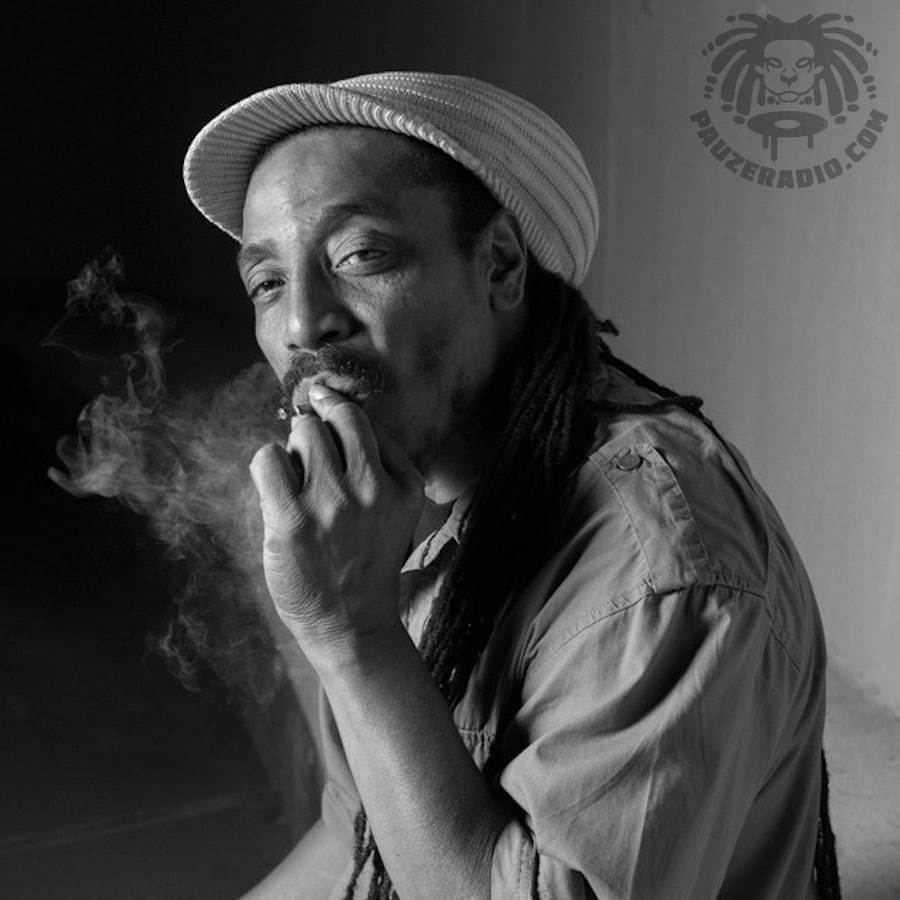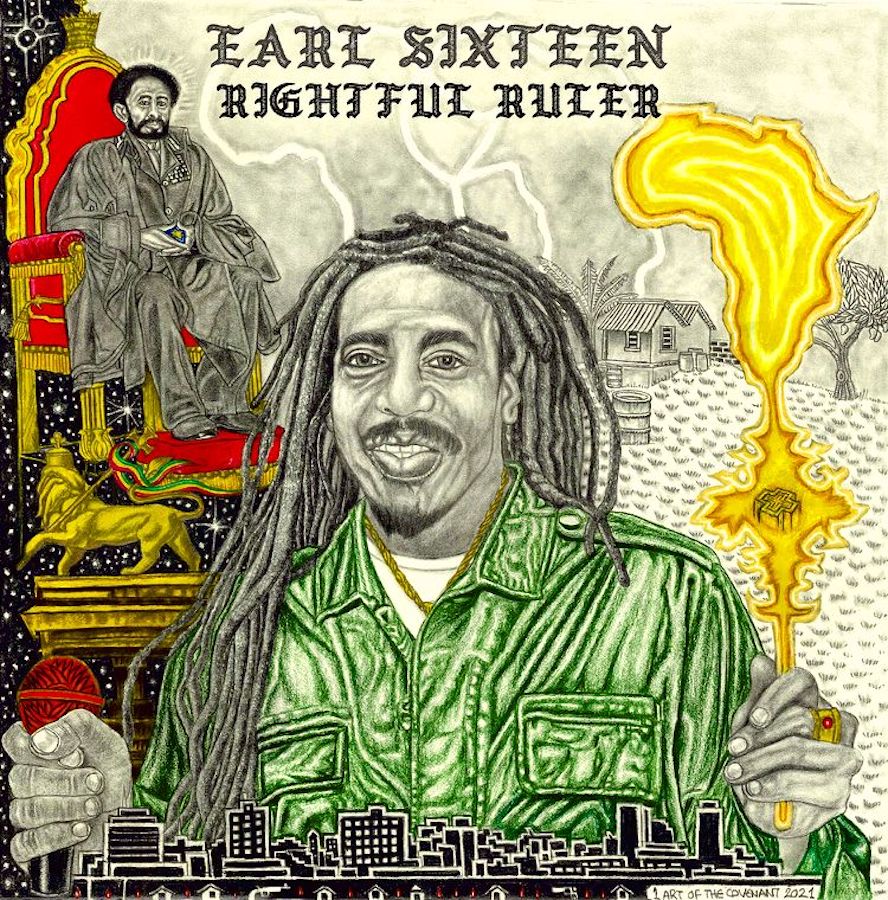
Earl Sixteen
Earl Sixteen Biography:
Earl Sixteen, born Earl Daley on May 9, 1958, in Kingston, Jamaica, is a revered figure in the realm of roots reggae music. His journey through the echelons of the reggae world is marked by his distinctive vocals, socially conscious lyrics, and unwavering commitment to the principles of Rastafarianism. Earl’s career, spanning over four decades, has seen him collaborate with some of reggae’s most influential figures, release numerous albums, and captivate audiences worldwide with his soulful performances.
Earl Sixteen’s musical odyssey began in the vibrant streets of Kingston, where he immersed himself in the sounds of reggae from a young age. Growing up in a community pulsating with musical energy, he was influenced by the likes of Bob Marley, Dennis Brown, and Burning Spear. Earl’s natural talent as a vocalist was evident early on, and he soon found himself drawn to the local music scene, where he began to hone his craft.
In the mid-1970s, Earl Sixteen caught the attention of legendary reggae producer Coxsone Dodd, who signed him to his renowned Studio One label. Under Dodd’s mentorship, Earl recorded his debut single, “Malcolm X,” a powerful and politically charged track that showcased his vocal prowess and lyrical depth. The song garnered widespread acclaim and laid the foundation for Earl’s burgeoning career in the reggae industry.
Throughout the late 1970s and early 1980s, Earl Sixteen continued to collaborate with a slew of producers and record labels, including Lee “Scratch” Perry, Joe Gibbs, and Bunny Lee. His music during this period was characterised by its conscious lyrics, which addressed issues of social injustice, poverty, and political unrest. Tracks like “Trial and Crosses,” “Freedom,” and “Julie” resonated deeply with audiences, establishing Earl as a voice of the oppressed and disenfranchised.
In the early 1980s, Earl Sixteen’s career took a significant turn when he crossed paths with British reggae band Aswad. His collaboration with Aswad on their album “New Chapter” catapulted him into the international spotlight, exposing his music to a broader audience beyond Jamaica. The album’s lead single, “Love Fire,” featuring Earl’s soulful vocals, became a chart-topping success in the UK, solidifying his reputation as a formidable talent in the reggae world.
Throughout the 1980s and 1990s, Earl Sixteen continued to release solo albums and collaborate with an array of artists and producers, both in Jamaica and abroad. His albums during this period, such as “Reggae Sound” and “Steppin’ Out,” showcased his versatility as an artist, blending traditional roots reggae with elements of dancehall and dub. Earl’s music remained rooted in the principles of Rastafarianism, advocating for unity, love, and social justice.
In the new millennium, Earl Sixteen’s career experienced a resurgence as he embarked on extensive tours and collaborated with a new generation of reggae artists and producers. He remained a fixture on the global reggae circuit, performing at festivals and concerts around the world and earning acclaim for his captivating live performances. Earl’s unwavering dedication to his craft and his commitment to spreading positive messages through his music has solidified his status as a living legend in the reggae community.
In 2022, among many other great releases, a notable collaboration with Zion I Kings saw the production of the “Rightful Ruler” album, which was released on the Before Zero label and gained a lot of traction, further embedding Earl Sixteen as a firm force and incredible voice with the roots fraternity.
As of 2024, Earl Sixteen continues to inspire audiences with his timeless music and remains an influential figure in the world of roots reggae. With a career spanning over four decades, he stands as a testament to the enduring power of reggae music to uplift, educate, and unite people across the globe.
Do you need a review, biography or press release? Book our services for your latest release here.
Earl Sixteen Biography by Gav Pauze / Pauzeradio PR Services (12th March 2024).







